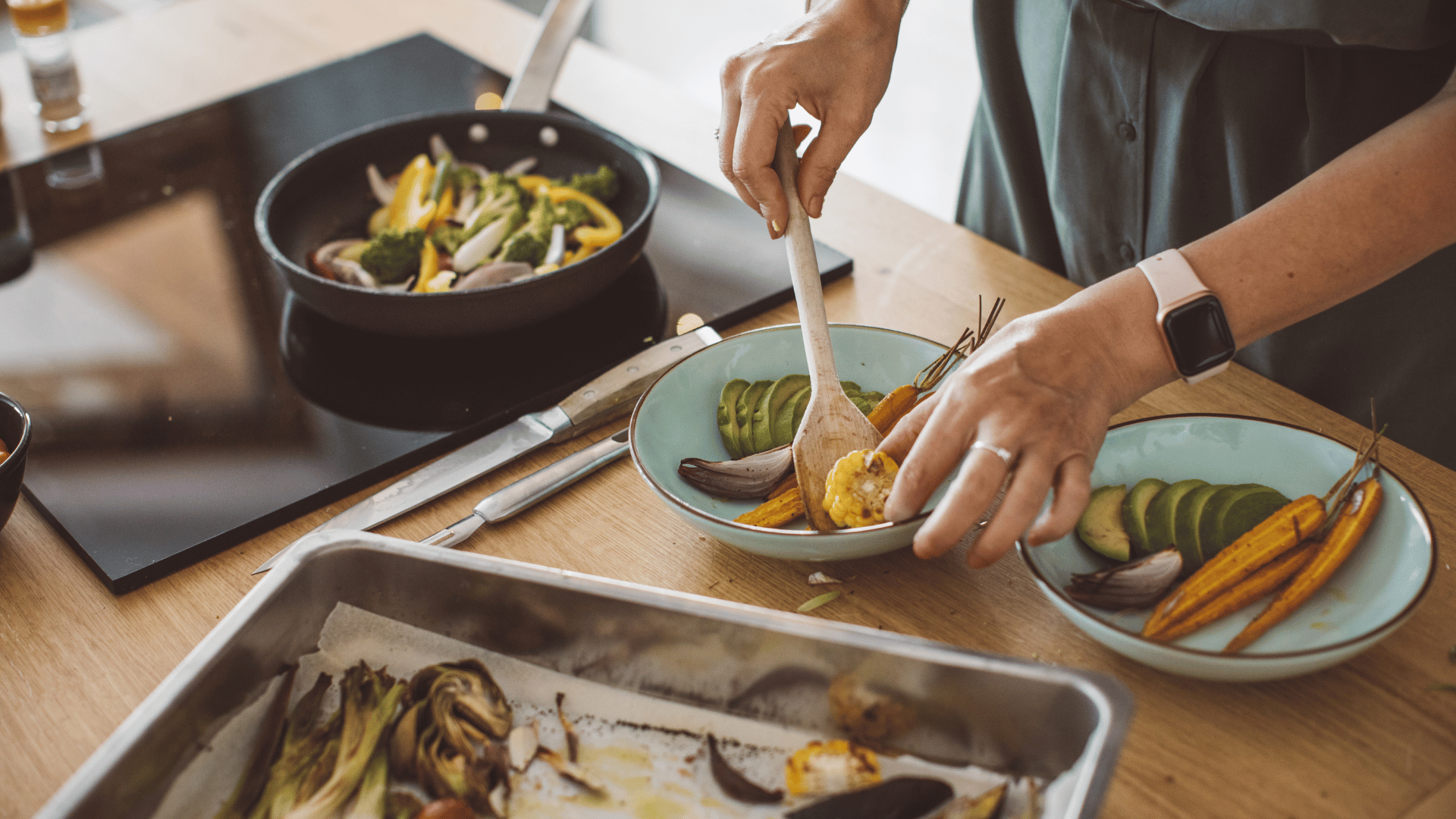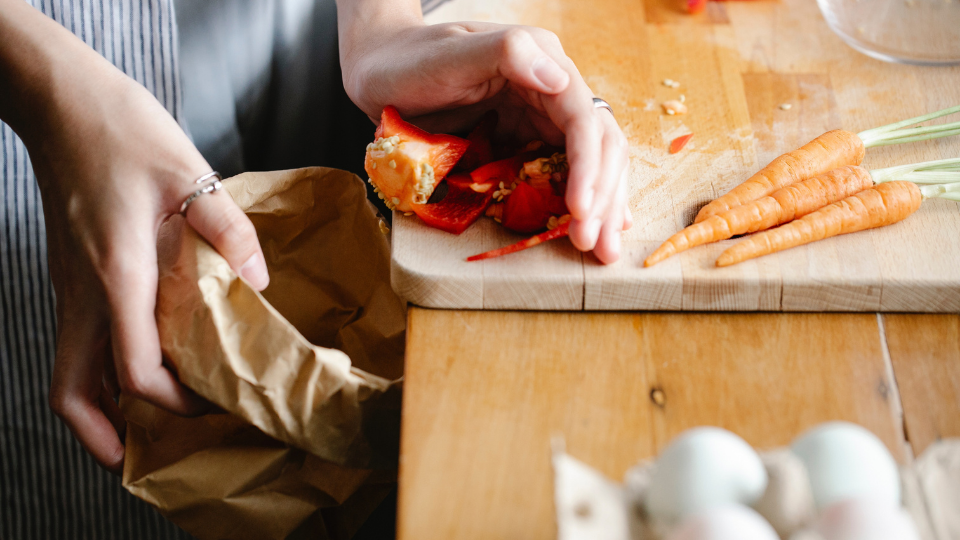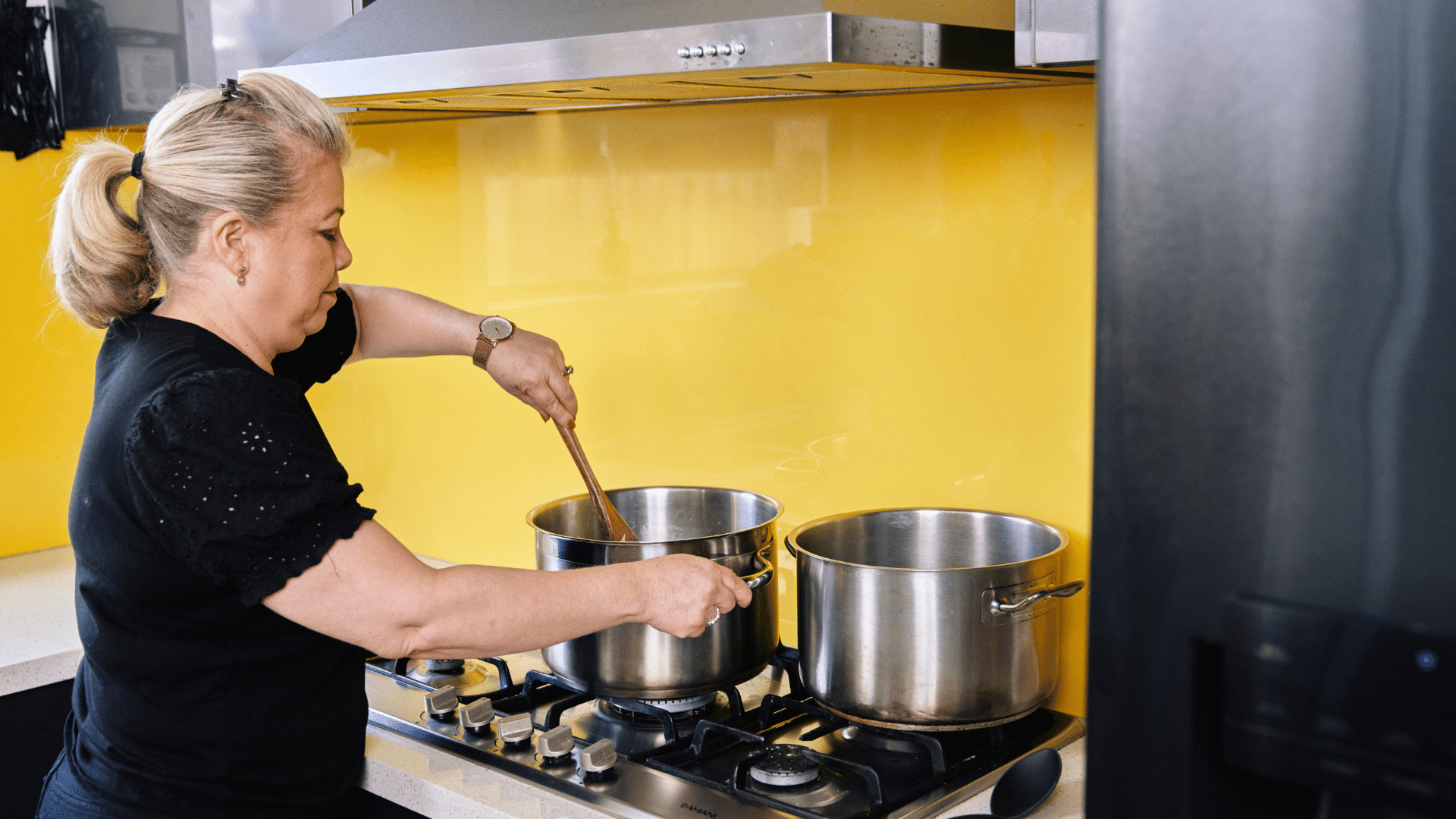Plastic Free July is a great reminder to reflect on your business's environmental impact.
As a food business owner you have likely become familiar with adapting to changing operating environments and customer trends. In the last decade, research has shown that the increase in waste, especially from single-use plastics, has devastating impacts on the environment. Fortunately, governments all over Australia are starting to regulate its use and manufacturers are making viable alternatives.
So how can you start to address this when operating your food business? Making more sustainable choices is a great place to start.
Why sustainability should be top of mind
Not only is adopting more sustainable practices good for the planet - it can be better for business too!
Adopting a more sustainable approach to running your weekly meal business will likely save you the effort in the future. Governments are aware of the environmental impact of plastic packaging and are continuing to impose regulations on businesses to ensure more sustainable approaches. Why not get ahead of the ball and implement these now.
Another key reason driving many businesses to reevaluate their approach to sustainability is consumer trends. As more research reveals the devastating impact of climate change consumers are more conscious of the role they play and are choosing to make purchase decisions that align with their values. Adapting to these values presents a great opportunity for your business, to tap into customers' interests and maybe find some new ones too whilst also strengthening your business's reputation.
-1.png?width=960&name=Blog%20JPG%202%20PNG(7)-1.png)
Where should I start?
Looking at your operating procedures and practices is a great place to start. Take time to review these and reflect on their environmental impact.
Packaging is a critical area in which food businesses, big and small, can lead the charge in making changes. Plastic packaging and single-use plastic are areas of primary concern to the planet (and your customers too).
To start to address this, why not consider some more sustainable options for your customers.
Sustainable packaging options:
Compostable
Viable home-compostable options for ready meals already exist! Compostable means something that can break down naturally in under 12 weeks to create nutrient-rich compost that helps plants thrive.
Compostable products are designed to compost WITH food waste, unlike recycling, where food waste contaminates the recycling process. By switching to certified home compostable packaging, your customers can dispose of their packaging in their home compost or the green bin and in councils where compostable packaging is accepted in FOGO (food organics and garden organics).
Even when the packaging ends up in landfills, it has contributed to fewer greenhouse gases and used less non-renewable energy to produce.
Examples of Compostable Packaging manufacturers and suppliers
Fortunately there are many manufacturers making sustainable products these days. Here are just a few examples.
Prepac, Natureline, Caspak, Pacfood, Biopak, Vegware.
TIP | Please also refer to our blog about Packaging Partnerships as sometimes you are able to access discounts from various manufacturers as a Cookaborough customer.
Home compostable versus commercially compostable
Get to know the difference between home-compostable and commercially-compostable products, find out what your local council accepts in the FOGO bins and educate your customers accordingly.
The Australasian Bioplastics Association certifies both home and commercially-compostable products and has developed logos for each.


Reusables
Offering your meals in reusable containers is the bees knees of sustainability. It not only saves the planet but ends up saving you money as well!
If you are a food business with between 30 – 100 orders per week, you could certainly consider this method. You might be a bit reticent to send off your containers thinking they may not return, but believe us, they DO! Even a deposit from your customers for the containers is proving not to be necessary most of the time. People tend to do the right thing.

Customers tend to quickly develop the habit of leaving their containers out on the delivery day.
Glass jars, glass trays, coconut husk trays, stainless steel and ceramic containers are just some of the types of reusable containers that food businesses could viably offer to their customers. Even stainless steel microwavable containers exist these days!
Please get in touch if this is a method you would like to adopt and we can talk you through what is working for others.

A word on recyclable and biodegradable
Recyclable
Everyone likes the word ‘recyclable’, but in reality, conventional food packaging can rarely be recycled: the combination of cardboard, plastic and food creates massive recycling challenges, and most of it ends up being incinerated or in landfills. The other issue is that this packaging is also often made with nonrenewable resources like oil (plastic).
TIP | FOIL IS THE ULTIMATE RECYCLER! If you are using foil containers, consider adding a note to your label that encourages your customers to wash the container and recycle it. Foil can be recycled an infinite number of times!
Biodegradable
Biodegradable means something breaks down naturally… but when and how? If the packaging says it is biodegradable, it can be manufactured with an additive that makes it ‘break down’ faster. In the case of biodegradable plastics, the container breaks down into smaller plastic particles, which is even worse for environmental systems and those that rely on them (including us!). So educate yourself about labels on packaging to make sure you are certain of what you are offering to your customers.
Looking for a more sustainable model? Cookaborough can help.
Cookaborough encourages food businesses to take a more sustainable approach to run their business beginning with operating under a clever batch model. This approach involves using a weekly cycle completely eliminating food waste.
Want to learn more about how Cookaborough could work for your business? Get in touch with our team below.
-1.png?width=960&name=Blog%20JPG%202%20PNG(6)-1.png)


